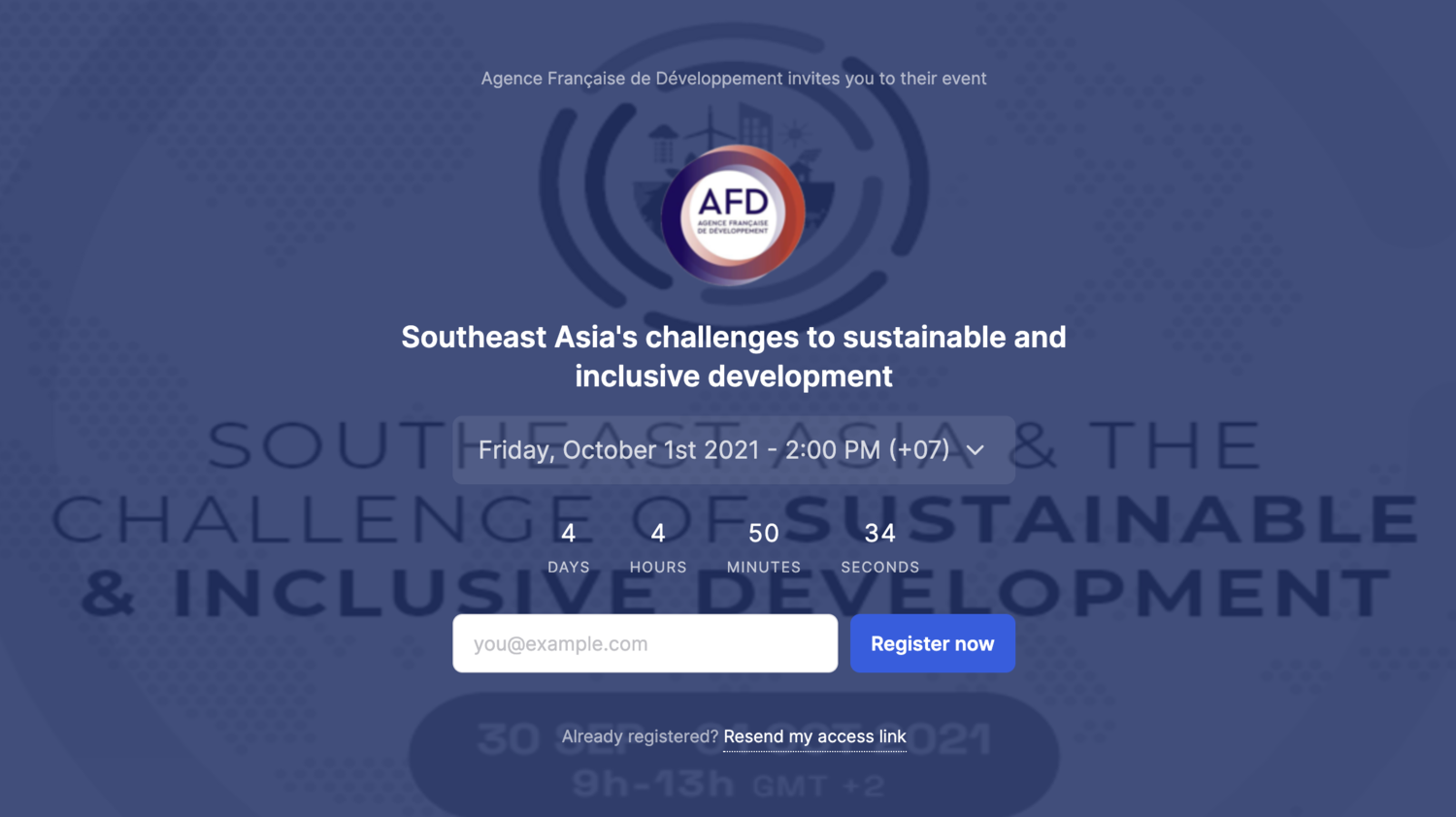On Saturday, 8 May 2021, Carl Middleton from CSDS was invited to the Chulalongkorn University Radio to talk on the series “Unlock The Science” for the tenth episode. Carl talked on the part one, “Its Might and Great Source of Life”, which discussed the vitality of Mekong to people in the region and the rise in commercial use of its resources.
Unlock The Science is a 30-minute weekly audio program that leads listeners to the most relevant fields of science, research and study in Thailand and other countries that affect our daily life and environment. The episode talked about the Mekong River, which runs over 4,900 kms through the heartland of ancient civilizations, nurturing unique and complex ecosystems, and feeding more than 60 million people in six Asian countries. Believed to be the habitat of Naga, the giant horn snake, the river is revered by people along its course, and is considered as the birth place of life. Mekong countries are the world’s key rice producers, and Mekong River possesses the highest fish biodiversity, second only to the Amazon River. The riches of Mekong River do not provide sustenance to people along the river only, but they are also attracting many big transnational corporations to invest in large-scale development projects in exploiting the river’s bountiful resources. Discussing the significance and geopolitics of Mekong River in this episode are Premrudee Daoroung, founder and coordinator of Project SEVANA South-East Asia, and Dr. Carl Middleton, director of Center for Social Development Studies, Chulalongkorn University.
You can listen to the radio on the link below:




